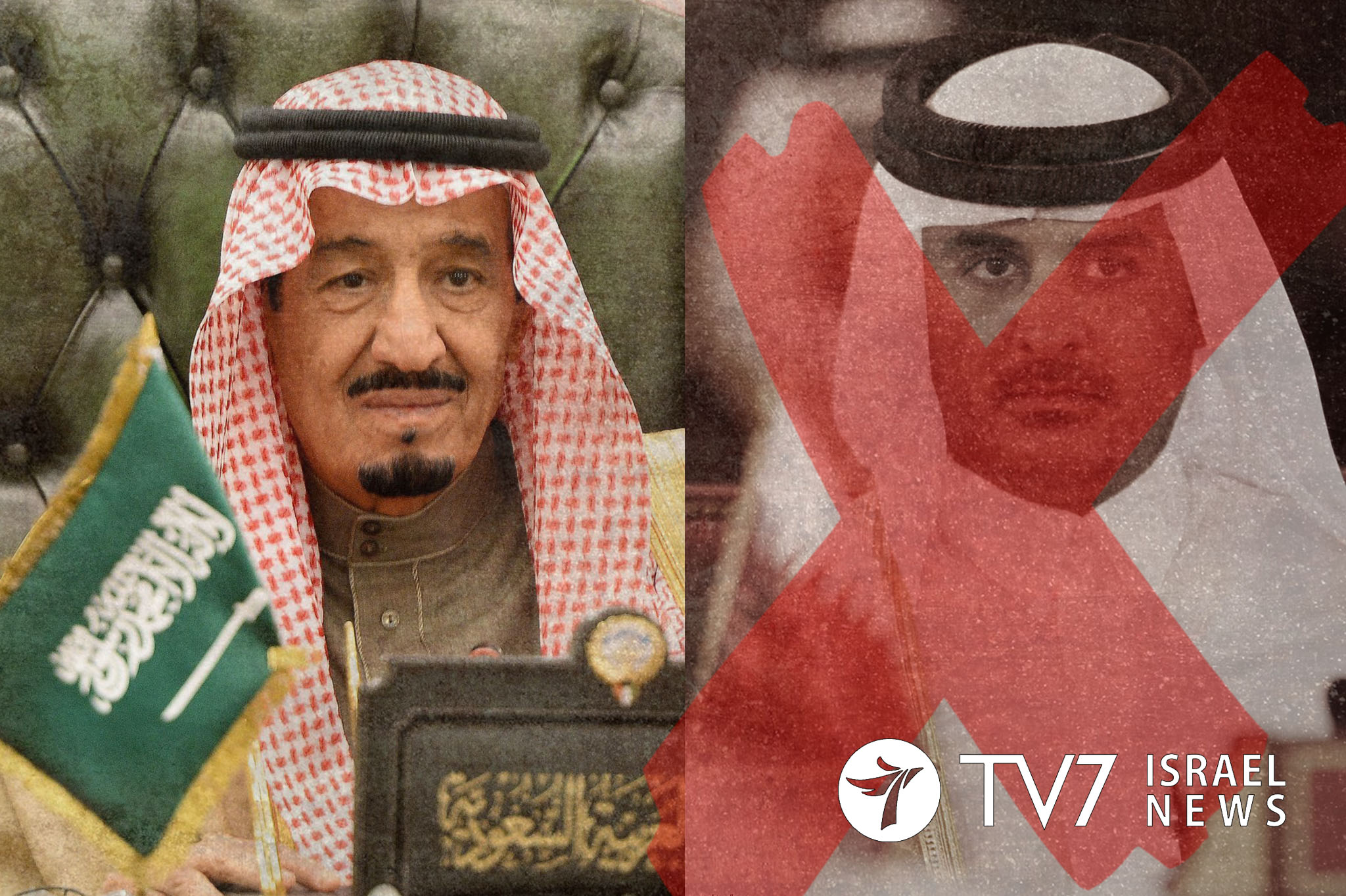The Arab world’s most powerful countries, including Saudi Arabia, Egypt, Bahrain and the United Arab Emirates announced a coordinated decision to immediately cut all diplomatic ties with Qatar over alleged support of Islamist organizations. The coordinated move dramatically escalates a dispute over Qatar’s support of the Muslim Brotherhood, the world’s oldest Islamist movement, as well as accusations that it supports the agenda of the Islamic Republic of Iran. In effect, the four Arab powers announced the closure of transport ties with Qatar and gave Qatari visitors and residents two weeks to leave their countries. Qatar denounced the move as based on lies while rejecting all allegations regarding its support for Islamist organizations.
The announcements come just 10 days after US President Donald Trump visited Saudi Arabia’s capital Riyadh to call on Muslim countries to stand united against Islamic extremism, while singling out Iran as a key source of funding and support for militant groups operating in the region, threatening to isolate all countries in support of the regime in Tehran, which according to US Secretary of Defense James Mattis, continues to work tirelessly in its effort to block stabilizing efforts across the region, as it thrives on the current state of chaos.
“We certainly would encourage the parties to sit down together and address these differences. If there’s any role that we can play in terms of helping them address those, we think it is important that the GCC (Gulf Cooperation Council) remain unified. I do not expect that this will have any significant impact, if any impact at all, on the unified, the unified fight against terrorism in the region or globally. All of those parties you mentioned have been quite unified in the fight against terrorism and the fight against Daesh, ISIS, and have expressed that most recently in the summit in Riyadh,” said Mattis
The diplomatic rift threatens the US-led coalition against the Islamic State, as Qatar is home to Al Udeid Airbase, from where the United States carries out strikes against the Islamic State across the region. Nevertheless, US Secretary of State Rex Tillerson announced he did not expect the diplomatic rift to affect the international coalition fighting terrorism in the Middle East, but urged all countries involved to address their differences.
“I believe Iran’s actions speak louder than anyone’s words, and they are going to incite the international community in that region to try to block them in the various destabilizing efforts they are undertaking right now from Syria, where Assad remains in power today, because of Iran’s actions, to Yemen, where they have been contributing in an unhelpful way to a war that is marooning millions of people and leaving them vulnerable to starvation and health problems and violence,” said Tillerson
Residents of Egypt’s capital, Cairo, welcomed their government’s decision to severe diplomatic ties with Qatar, accusing them, together with Turkey and Iran, of supporting terror organizations across the region.
“Yes of course, as long as it harms us Egypt, of course we are supporting the absolute severing of relations with them,” said Hassan Aly Hassan, Cairo Resident. “Cutting the relations is a must because Qatar, Turkey and Iran support the terrorism that we face. It is obvious. The relations must end and the Arab league should take a stance,” said Mohammad Hashem, Cairo Resident.
Israeli officials in Jerusalem also voiced their support of the Arab move to severe ties with Qatar, declaring it as an opportunity for the Jewish state to unite in regional efforts to confront countries supporting terror. Knesset Member Anat Berko of the ruling Likud party, accused Qatar of playing a double game for years, as it cooperates with the Iranians and bankrolls Islamist organizations, including the Islamist Hamas organizations, which controls the Gaza Strip. Berko alleged that “Qatar uses Al Jazeera to wildly incite against the Arab regimes, and Israel,” conduct that “upsets stability” in the war infested Middle East.
Knesset member Eyal Ben Reuven from the Opposition’s Zionist Union also referred to the severing of ties with Qatar, saying it “is yet another symptom of the convergence of interests of the moderate Arab states against Iran and against other supporters of radical Islamist terror. Knesset Member Ben Reuven, who is also an IDF Major General in Reserve, urged Prime Minister Benjamin Netanyahu to “make use of this convergence in order to be part of the battle against Iran, which is the main exporter of terror in the Middle East and in the entire world.” He further noted that “This is a situation that makes it possible to have a different kind of relationship with the Arab states, but its price is to take actual steps to resolve the Palestinian problem.”
